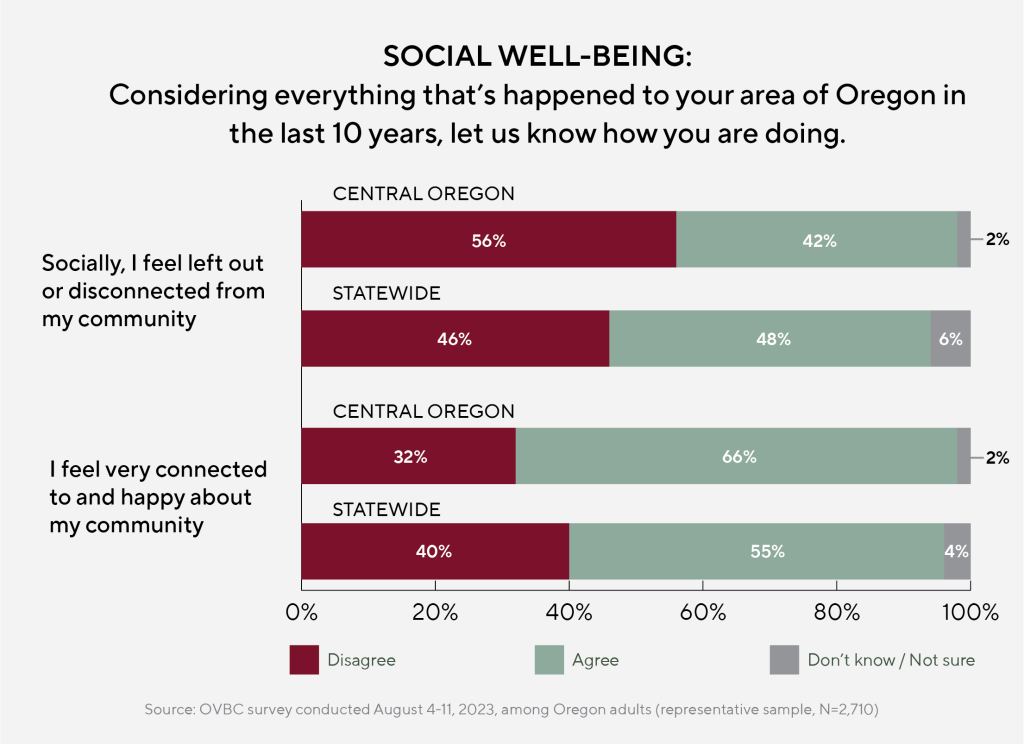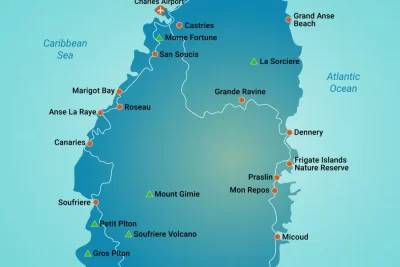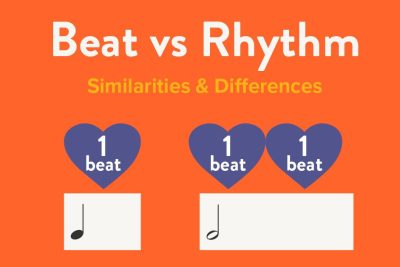
Politics in Oregon: An Insight into Economy and Society

The state of Oregon has long been a focal point for political discourse, characterized by its diverse and dynamic landscapes that reflect its complex politics in Oregon. From its historical roots to its contemporary issues, Oregon's political environment offers a unique insight into how government systems evolve and adapt to societal needs. With a definitive blend of progressive governance and traditional values, the state provides a comprehensive case study for anyone interested in understanding how politics shape economy and society.
Understanding the essence of Oregon politicians—both their motivations and the frameworks within which they operate—reveals the intricate tapestry of cultural, economic, and social trends that influence legislation and public policy. As we delve into the historical context, structural framework, and various political narratives of Oregon, we will uncover the factors that contribute to the ongoing evolution of the state's political landscape.
- Historical Context of Oregon's Political Landscape
- The Oregon System: A Model for Progressive Governance
- Structure of Oregon’s Government: Executive, Legislative, and Judicial
- The Role of Local Governance: Home Rule in Oregon
- Key Political Policies: Environmental Legislation and Social Reforms
- Urban vs. Rural Dynamics: A Tale of Two Oregons
- Election Processes: Mail-in Voting and Political Shifts
- The Rise of the Democratic Party in Oregon
- Prominent Political Figures: Independent Voices and Influencers
- Conclusion: The Future of Politics in Oregon
Historical Context of Oregon's Political Landscape
The political history of Oregon is rich and varied, beginning with the state's admission to the Union in 1859. The adoption of the Oregon Constitution set a precedent for progressive governance that resonated through the decades, establishing key political structures that are still in place today. The focus on political reform in the early 20th century resulted in the advent of mechanisms such as initiatives, referendums, and recalls, collectively known as the Oregon System. This innovative approach to governance placed significant power into the hands of the electorate, allowing them to influence legislation directly.
Throughout the decades, Oregon's political landscape has evolved in response to economic, social, and environmental issues. In addition to the influence of grassroots movements, demographic shifts and interstate migration have played crucial roles in shaping the state's political alignments. With the rise of cities such as Portland and Salem as urban centers of liberal thought, a clear divergence emerged between the more conservative rural areas and the progressive urban cores.
The Oregon System: A Model for Progressive Governance
The Oregon System is a testament to the innovative spirit that has long characterized the state. By allowing voters to propose legislation directly and vote on important issues, Oregon set a national example for participatory democracy. This model not only empowered citizens to engage actively in the political process but also paved the way for significant reforms that have transformed the state's governance structure.
Initiatives and Referendums
Initiatives enable citizens to propose new statutes or constitutional amendments, which can then be placed on the ballot for public vote. This legislative tool has empowered Oregonians to enact progressive reforms on various fronts, including environmental policies and social issues. Similarly, referendums allow voters to approve or reject laws passed by the state legislature, providing a check on legislative power and ensuring accountability to the public.
Recalls and Political Accountability
Another significant aspect of the Oregon System is the recall process, which allows voters to remove elected officials from office before the conclusion of their term. This mechanism fosters a culture of accountability among Oregon politicians by ensuring they remain responsive to their constituents. Coupled with the initiative and referendum processes, recalls form a comprehensive system of direct democracy that sets Oregon apart from many other states.
Structure of Oregon’s Government: Executive, Legislative, and Judicial
The structure of Oregon’s government comprises three main branches: the executive, legislative, and judicial. The executive branch is headed by the governor, who is elected for a four-year term and can serve a maximum of two consecutive terms. This emphasis on term limits promotes a dynamic political environment, encouraging fresh perspectives and innovative ideas within the state's governance.
Executive Branch
Alongside the governor, other elected officials—including the Secretary of State and the State Treasurer—are charged with overseeing various functions of government. This collaborative approach helps ensure that multiple perspectives are represented in the decision-making process, fostering a more inclusive environment for politics in Oregon.
Legislative Branch
The legislative branch consists of a bicameral legislature comprising the House of Representatives and the Senate. Together, these bodies are responsible for crafting and passing legislation that addresses the diverse needs and interests of Oregonians. The collaborative nature of the legislature reflects the balance of power that exists among elected representatives, further reinforcing the participatory nature of Oregon's political system.
Judicial Branch
Oregon's judicial system is overseen by a seven-member Supreme Court, which plays a critical role in interpreting state laws and ensuring justice. This court is supported by various lower courts that handle a wide range of legal matters, from civil cases to serious criminal offenses. The judiciary's independence is paramount, offering a further check on the powers of the executive and legislative branches.
The Role of Local Governance: Home Rule in Oregon
Home rule is an important principle in Oregon's governance, granting cities and counties the authority to enact laws and regulations that address local needs and circumstances. This decentralized approach allows for tailored solutions and fosters community engagement, reflecting the specific characteristics and priorities of individual locales within the state.
Empowerment of Local Governments
By empowering local governments through home rule, Oregon enables communities to take ownership of their governance, often leading to more relevant and effective public policy. For instance, many cities have enacted progressive legislation addressing housing, transportation, and environmental concerns that align with the values of their residents. This grassroots approach often contrasts with broader state-level policies, exemplifying the unique nature of local politics in Oregon.
Oregon is renowned for its pioneering environmental legislation, positioning itself at the forefront of sustainable practices and ecological responsibility. The state has implemented various laws aimed at protecting its natural resources, promoting clean energy, and addressing climate change head-on. These initiatives resonate deeply with the values of Oregon's citizens, who often prioritize environmental protection in their political decisions.
Environmental Policy Initiatives
One notable example of Oregon's commitment to environmental stewardship is the state’s groundbreaking legislation on greenhouse gas emissions. Laws requiring significant reductions in emissions reflect the state's proactive stance on addressing climate change. With initiatives that support renewable energy and conservation efforts, Oregon's environmental policies serve as a model for other states seeking comprehensive and effective approaches to ecological sustainability.
In addition to environmental concerns, Oregon has also led the way in social reforms, enacting laws related to healthcare, housing, and civil rights. Some of the most progressive policies, such as the legalization of medical marijuana and the implementation of assisted dying legislation, illustrate the state's commitment to individual rights and well-being. These political policies reflect the diverse values of Oregon residents, allowing them to engage with contentious social issues in a manner that prioritizes compassion and rights.
Urban vs. Rural Dynamics: A Tale of Two Oregons
The political landscape of Oregon often reflects a distinct divide between urban and rural populations. While urban areas like Portland and Eugene typically align with progressive values and Democratic Party ideals, rural regions often harbor more conservative tendencies, influenced by traditional values and economic considerations. This dichotomy creates a fascinating, yet complex interplay in Oregon's politics, wherein policies and political candidates must navigate differing expectations and priorities from constituents.
Urban Political Culture
Urban centers tend to prioritize issues such as public transportation, affordable housing, and social equity. Responding to the unique challenges of densely populated areas, urban Oregon politicians often advocate for policies that promote inclusion and sustainability. Progressive causes gain momentum in these areas, further reinforcing the state's liberal reputation and emphasizing the need for responsive governance.
Rural Political Perspectives
In contrast, rural communities often prioritize agricultural interests, land use regulations, and resource management. Here, local economies are frequently tied to natural resource extraction and farming, creating a political atmosphere that may resist stringent environmental regulations. Consequently, rural residents may support candidates who align with their interests and lifestyle, leading to a divergence in political alignment between urban and rural communities.
Election Processes: Mail-in Voting and Political Shifts
Oregon is a trailblazer in modern electoral practices, having implemented mail-in voting statewide since 2000. This shift not only streamlined the electoral process but also significantly increased voter participation, reflecting Oregon's commitment to accessibility in the democratic process. Mail-in ballots have enabled voters to engage more thoughtfully with candidates and issues, promoting informed decision-making at the polls.
Political Shifts and Electoral Dynamics
Over the years, Oregon's political climate has experienced notable shifts, particularly with the rise of the Democratic Party. Historically a Republican stronghold, the state's political landscape began to transform leading into the late 20th century. Influenced by demographic changes and the emergence of progressive urban centers, Democrats have not only captured the governorship but have also outperformed Republicans in recent presidential elections.
The Rise of the Democratic Party in Oregon
The transition to a predominantly Democratic state signifies a broader shift in public values and priorities, demonstrating how collective experiences shape political affiliation. Since 1988, Oregon's governorship has been held by Democratic candidates, a trend that reflects the party's increasing dominance in the region.
Impacts of Democratic Leadership
Democratic leaders in Oregon have championed policies focused on environmental sustainability, healthcare access, and social equity. Their commitment to progressive values resonates with a substantial portion of the electorate, solidifying the Democratic Party's foothold within the state and shaping the trajectory of Oregon's politics for years to come.
Prominent Political Figures: Independent Voices and Influencers
Oregon has produced numerous notable political figures over the years, including those from the Republican, Democratic, and independent political spheres. One such prominent figure is Wayne Morse, an independent senator who played a pivotal role in advocating for civil rights and anti-war policies during the 1960s. His legacy serves as a reminder of the diverse political voices that contribute to the state's rich political tapestry.
The Role of Independent Candidates
While major parties dominate the political landscape, independent candidates have made significant inroads, advocating for alternative viewpoints and approaches to governance. These voices often challenge the status quo and encourage dialogue on issues critical to Oregonians, emphasizing the importance of diverse representation and engagement across political lines.
Conclusion: The Future of Politics in Oregon
As we look ahead to the future of politics in Oregon, it is clear that the state will continue to navigate the complexities of its political landscape. The interplay between urban and rural dynamics, the strength of grassroots movements, and the impact of innovative electoral processes will all contribute to shaping the policies that influence the economy and society alike.
Ultimately, the evolution of Oregon politicians and the policies they advocate will be critical in addressing the pressing challenges facing the state. Through active participation and engagement, Oregonians can continue to uphold the values of democracy, sustainability, and social equity that define their political landscape.
Did you find this article helpful? Politics in Oregon: An Insight into Economy and Society See more here Education.
Leave a Reply






Related posts